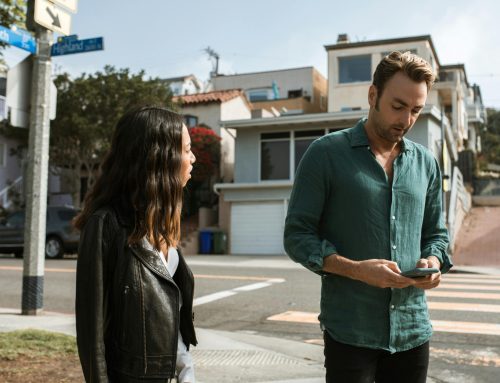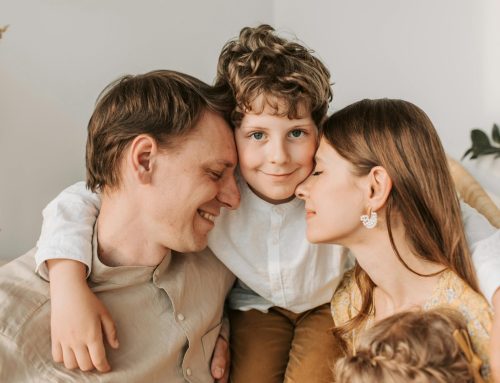In the case of In re E.B. (2022), Husband and Wife were in a polyamorous relationship with a 3rd person for many years (15 years), all living in the same home. They agreed that the married couple would have a Child but all 3 of them would help raise the child. They agreed that Husband and Wife would be the bio parents and would maintain their parental rights but would consent to the 3rd party to adopt the child and in that manner all 3 would share equally in parenting rights and responsibilities.
The baby was born and the 3rd party began adoption proceedings. Social Services conducted an investigation and concluded the adoption was in child’s best interest. Social Services recommended uncontested adoption be granted. The trial court denied the adoption petition stating this was not one of those rare cases where recognizing only 2 parents would be detrimental to the child because not enough time had passed in the child’s life (lack of bond) that the child was barely a year old. Social Services and the 3rd party appealed.
Court of Appeal said that these types of adoptions, where existing parents consent but maintain their parental rights are governed by Family Code Section 8617.
Court of Appeal said there are many different types of adoptions: Agency adoption; Inter-county adoption, Stepparent adoption, and Independent adoptions. The court said, this one is Independent adoption – that’s where existing parents consent to the adoption and place their child directly with the adoptive parent, by signing a Placement Agreement. Then when Social Services investigates, the parents sign a form called Addendum to Independent Adoption. If the parents do not revoke their consent within 30 days, it becomes permanent and irrevocable. That once Social Services issues its report, the court is to give due weight to their expertise.
Court sent the case back down to the trial court (remand) with instructions to consider the following elements: (1) A voluntary and informed parental consent to the adoption; (2) a suitable adoptive parent at least 10 years older than, or in a specified preexisting family relationship with the child; (3) judicial determination that the interest of the child will be promoted by the adoption.
The court concluded that California has made the policy decision to permit a child to have more than 2 parents if the child’s best interests are served by an adoption. California legislatures codified the holding in the case of Sharon S. v. Superior Court (2003) 31 Cal. 4th 417 allowing a child to have 3 parents.
Full citation M.B. vs. Department of Social Services Adoptions Services Bureau (2/15/22) [Sacramento County, 3rd District]





